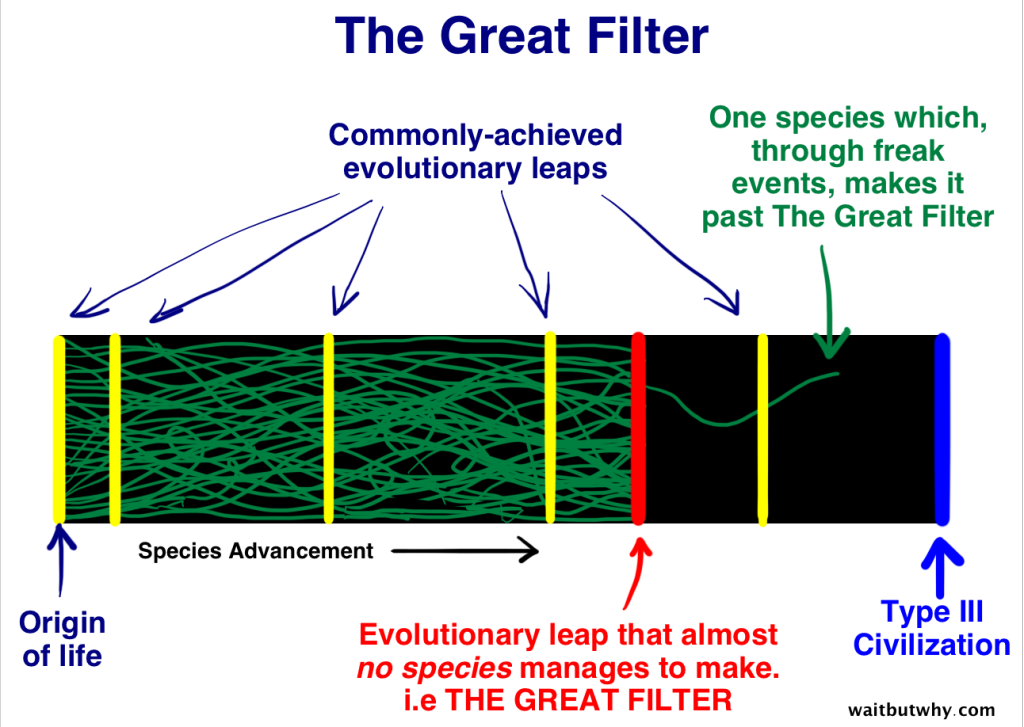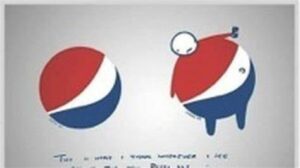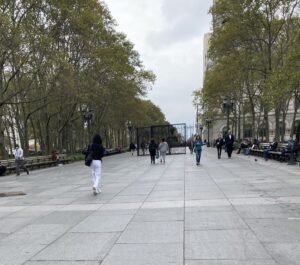Gee:
“Olson’s (1977) claims for the cognitive effects of literacy-that, for example, it “unambiguously represents meanings” (p. 264)-refer only to one type of literacy, the essay-text form of writing prevalent in Western culture and supported by our schools. In fact, his claims rest on descriptions of the “British essayists” of the 17th and 18th centuries, who were:
“among the first to exploit writing for the purpose of formulating original
theoretical knowledge. … Knowledge was taken to be the product of
an extended logical essay-the output of the repeated application in a
single coherent text of the technique of examining an assertion to
determine all of its implications. (pp. 268-269)”
This form of literacy is the basis, ideologically, if not always in practice, of our schools and universities. Claims for literacy per se are often in fact tacit claims for essay-text literacy, a form of literacy that is neither natural nor universal, but one cultural way of making sense among many others. Of course, this way of making sense is associated with mainstream middle-class and upper middle-class groups and is, in fact, best represented by the ideology and sometimes the practice of academics, the people who most often make claims for it.”
Literally, the passage is saying that when a reference is made to “the cognitive effects of literacy,” (Gee. Pg. 731) it is only referring to literacy when it comes to western style of schooling. “British essayists” were the first people to use writing to express “original theoretical knowledge.” (Gee, pg. 731) This western form of literacy is the foundation that our schools and universities are built upon. Culturally, this way of reading and writing makes sense to the people who practice it (mainstream middle-class and upper middle-class groups), although this form is “neither natural nor universal.” (Gee, pg. 731) These claims of literacy are often made by the same people who practice the form.
Intellectually, this passage made me think about how we, by default, associate everything with western ideologies and culture. Before reading this article, I never thought about the different levels of literacy and how they represented different groups of people. Now, I see that there are various methods of expression and retention of knowledge, and essay-text based literacy is just one, albeit one that has had a massive effect on the shape of communication globally. Unfortunately, I associated the spread of colonization throughout history and how it has superseded other cultures and practices.
Emotionally, it was frustrating to read this. Western culture and practices have been forced upon indigenous people for a long time, and its maddening to realize that the people that have been spreading this concept of “literacy” are the same people who say that people who aren’t literate are not able to perform at a high cognitive level. They are making judgement calls about people who have been set up to fail. How can you test someone on something they know nothing about, and then look down upon them after they don’t understand?
As a writer, I was quite impressed with how the author expressed his ideas. His use of language was clear, concise and conveyed his message effectively. He was able to put forth his thoughts on the subject matter in a way that was direct, and understandable without being too simple.
Postman:
“The mechanical clock,” as Lewis Mumford wrote, “made possible the idea of regular production, regular working hours and standardized product.” In short, without the clock, capitalism would have been quite impossible. The paradox, the surprise, and the wonder are that the clock was invented by men who wanted to devote themselves more rigorously to God; it ended as the technology of greatest us to men who wished to devote themselves to the accumulation of money. In the eternal struggle between God and Mammon, the clock quite unpredictably favored the latter.”
Literally, the passage is straightforward. It is saying that the men who invented the clock did so to be more vigilant with their devotion to God, but it turned out that the clock created the idea of “regular production, regular working hours and a standardized product.” Capitalism arose from the creation of these ideas. The men who worshipped God created something that has been used by men who worship money.
Intellectually, this passage made me think of corporate America. Corporations are the epitome of money worship, and they have gone unchecked since they first came to be. As someone who has worked in corporate America, I know first hand how the only thing that matters to them is the bottom line. Profits are their number one priority and they know how to use the clock to maximize the production of their employees, without concern for their well-being. The stark contrast from the original intent of the clock to how it has been used is remarkable.
Emotionally, this passage made me feel a bit upset. Thinking back to my time in working at a corporation, I am reminded of how cold and emotionless these places can be. Capitalism has driven American culture to a place where it’s all about big money, leaving everyday people to suffer while these companies are earning record profits. It is quite upsetting, indeed.
As a writer, I think the author of this passage wrote it well. The entire article was well-written and easy to read. This passage, in particular, explains how the clock has been used since its inception in a way where the language chosen flows, and conveys the irony of the who created the clock versus who has gotten the most use of it quite well.

 This is an example of culture jamming
This is an example of culture jamming This is an example of creative detournement
This is an example of creative detournement















